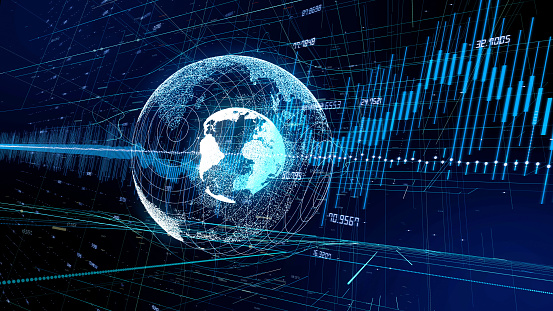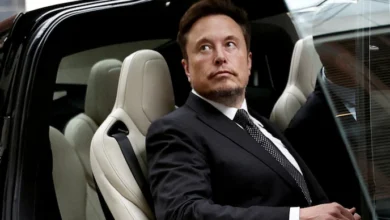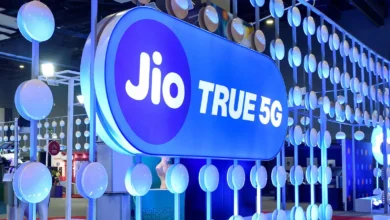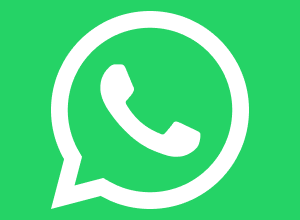London scientists set a new record for the world’s fastest internet speed of 178 Tbps, can download entire Netflix in 1 second


Researchers at University College London have set a new world record for the fastest internet in the world at 178 terabits per second (Tbps). That’s 178,000 Gbps.
The previous record for the fastest internet in the world belonged to experts at Japan’s National Institute for Communications Technology with a speed of 172 Terabits per second.
The record, described in a research paper published in the journal IEEE Photonics Technology Letters, is double the capacity of any system currently deployed in the world.
It was achieved by transmitting data through a much wider range of colours of light, or wavelengths, than is typically used in optical fibre, the researchers said.
They combined different amplifier technologies needed to boost the signal power over this wider bandwidth and maximised speed by developing new Geometric Shaping (GS) constellations, manipulating the properties of each individual wavelength.
GS constellations are patterns of signal combinations that make best use of the phase, brightness and polarisation properties of the light.
The current normal infrastructure that’s in place for the internet we use, uses a bandwidth of 4.5THz. A new 9THz commercial bandwidth has just shown up in some markets. This super-fast internet uses a 16.8THz bandwidth to get that 128Tbps speed.
With speeds like this, one can only assume that all of it is a rather expensive process? Apparently not. According to UCL, upgrading these amplifiers costs only a fraction of what it costs to install fibre optic cables.
This technology is cost-effective too as this method can be put into place with $20,000 approximately compared to the cost of installing new optical cables that amount to $5,89,000.
However, achieving blinding speeds like this is still a distant dream as this is experimental technology and will not be utilised for commercial use in the near future, so don’t get excited.



